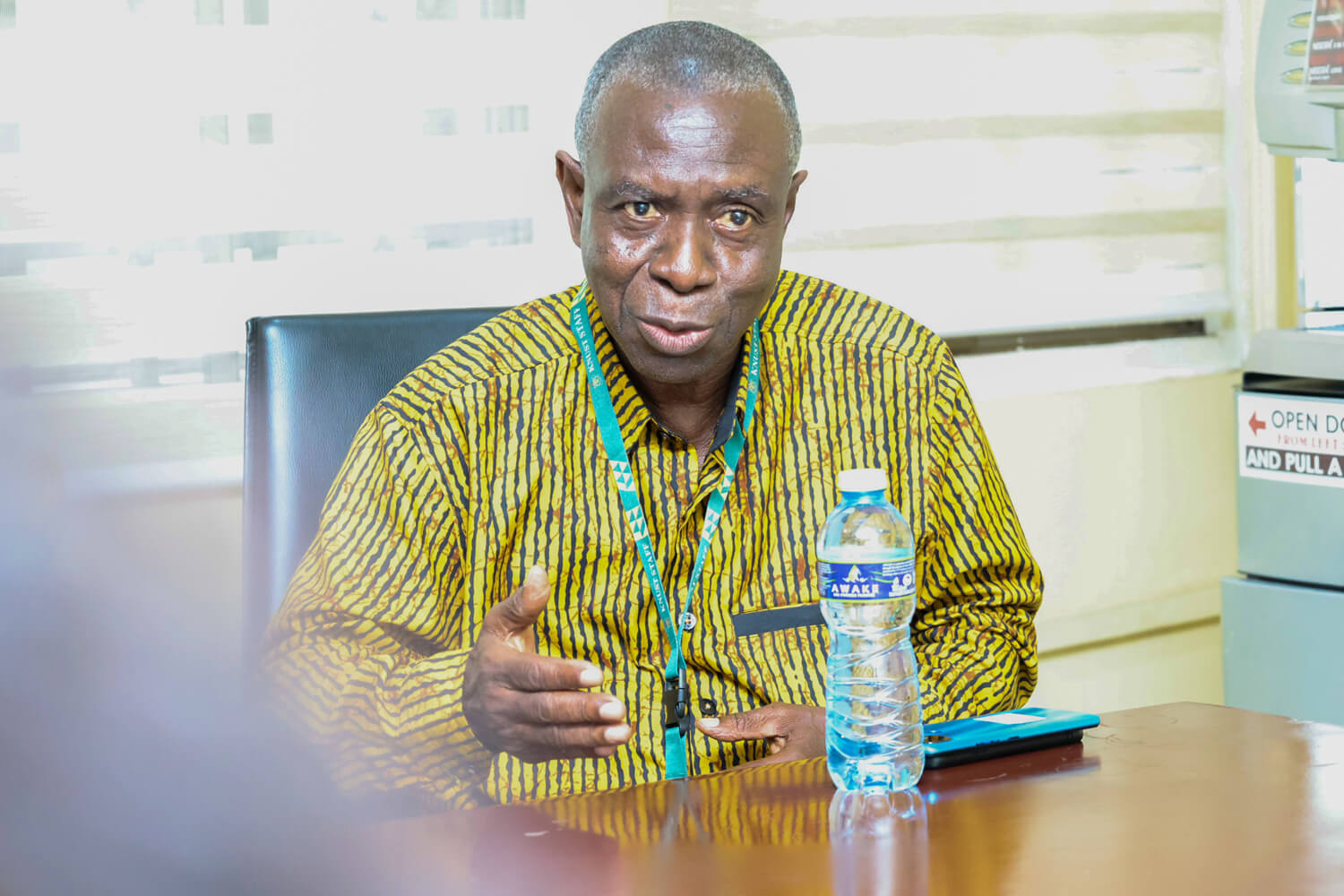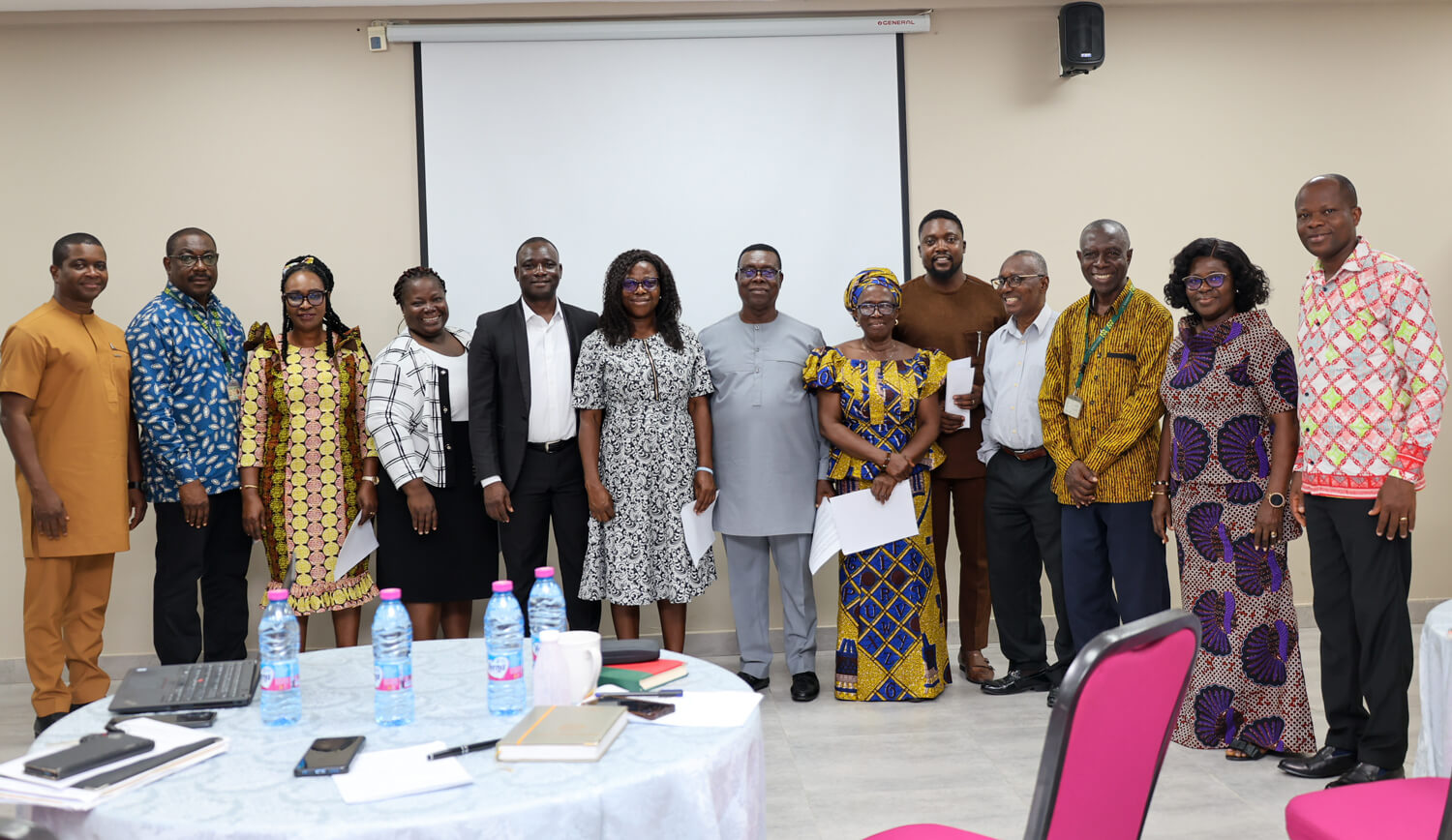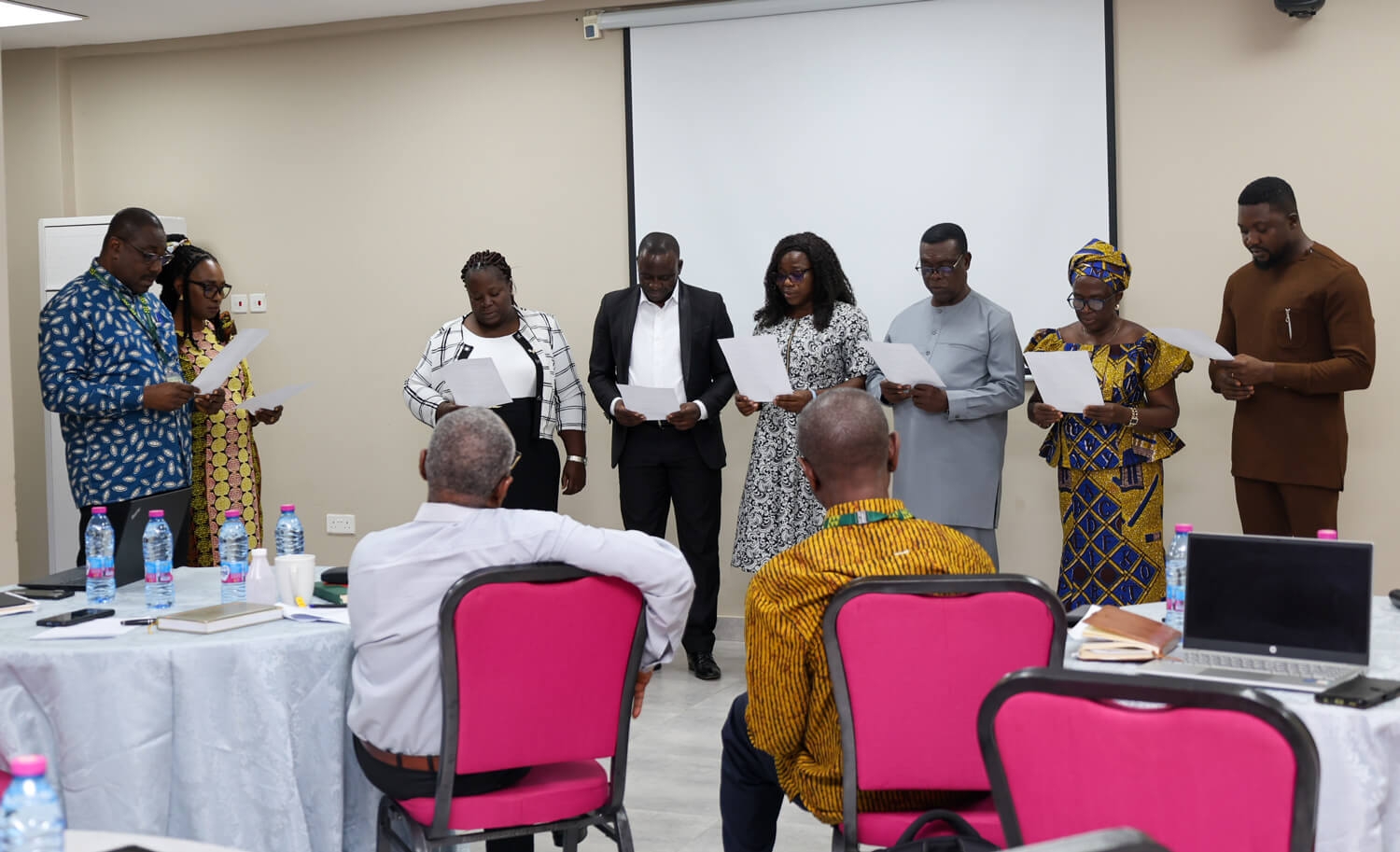The Bureau of Integrated Rural Development (BIRD) at KNUST, in collaboration with the Ghana Education Service (GES), has inducted six Advisory Committee Members (ADCMs) to guide a project focused on exploring the impact of culturally responsive teaching practices on the social and emotional development of students in diverse early childhood classrooms in Ghana.
This project aims to create culturally responsive curriculum materials and teaching resources for early grade classrooms, particularly for minority ethnic groups. The project will also develop pedagogical techniques that align with cultural norms, enhance teacher capacity in equitable early learning, and produce scalable professional development modules for nationwide use.
Prof. George Kankam, Chairman of the ADCMs, expressed enthusiasm for the project, emphasizing the importance of preserving Ghana's cultural heritage in education. He highlighted the project as a significant step toward using indigenous pedagogies to improve education for marginalized groups.
"Throwing away our culture, from adults to the younger generation, is deeply troubling, and I believe this research is a clarion call, especially as it begins at the foundational stages. To me, this project feels like a divine and timely intervention for our nation.
I am filled with excitement, and my advice to the Committee cannot be expressed fully in words. This project involves extensive research, and the evidence gathered will contribute to global knowledge while positioning Ghana as a leader in the use of indigenous pedagogies," he stated.
Despite the proven long-term benefits of quality early education, minority children in Ghana experience significant disparities compared to their mainstream peers. The Western teaching methods commonly used in classrooms often overlook the cultural strengths of non-Akan ethnic groups, leading to disengagement.
Teachers lack the training needed to implement culturally responsive practices that could enhance the self-efficacy and school adjustment of diverse learners. Therefore, this study aims to address these gaps by developing and evaluating culturally responsive interventions that will improve teacher practices and support the social and emotional development of diverse learners in early childhood settings.
During the induction ceremony, the Provost of the College of Agriculture and Natural Resources, Prof. Dadson Awunyo-Vitor, commended the advisory committee and expressed support for the project.
"We thank those who accepted to serve as the advisory committee members, the College is available to support you if there is anything to make you better. To the team that is actually holding the project, we thank you for what you have done and with the way you have started, everything clearly shows that you are likely to have a good project implementation," he said.
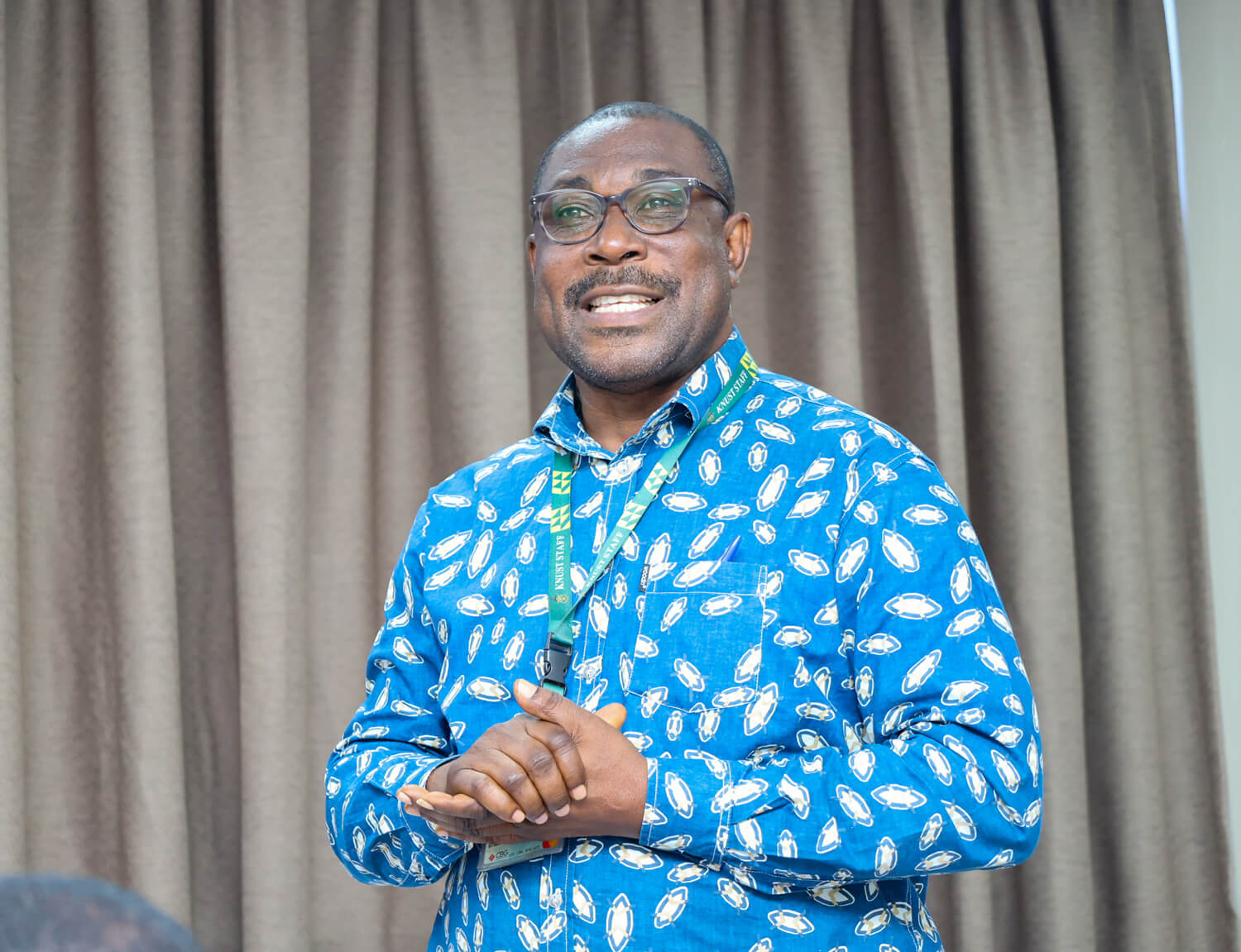
Director of BIRD, Dr. Monica Addison, shared her excitement about the project and the valuable role the Advisory Board will play in ensuring its success.
"I must say, this project is one of the most innovative initiatives we're currently working on, and we are extremely excited about it. We have high expectations for this Advisory Board, and we're confident that your valuable guidance will lead us to success. We look forward to a wonderful and productive collaboration on this project. With the enthusiasm, joy, and feedback from this team, I’m certain we are headed in the right direction," she said.
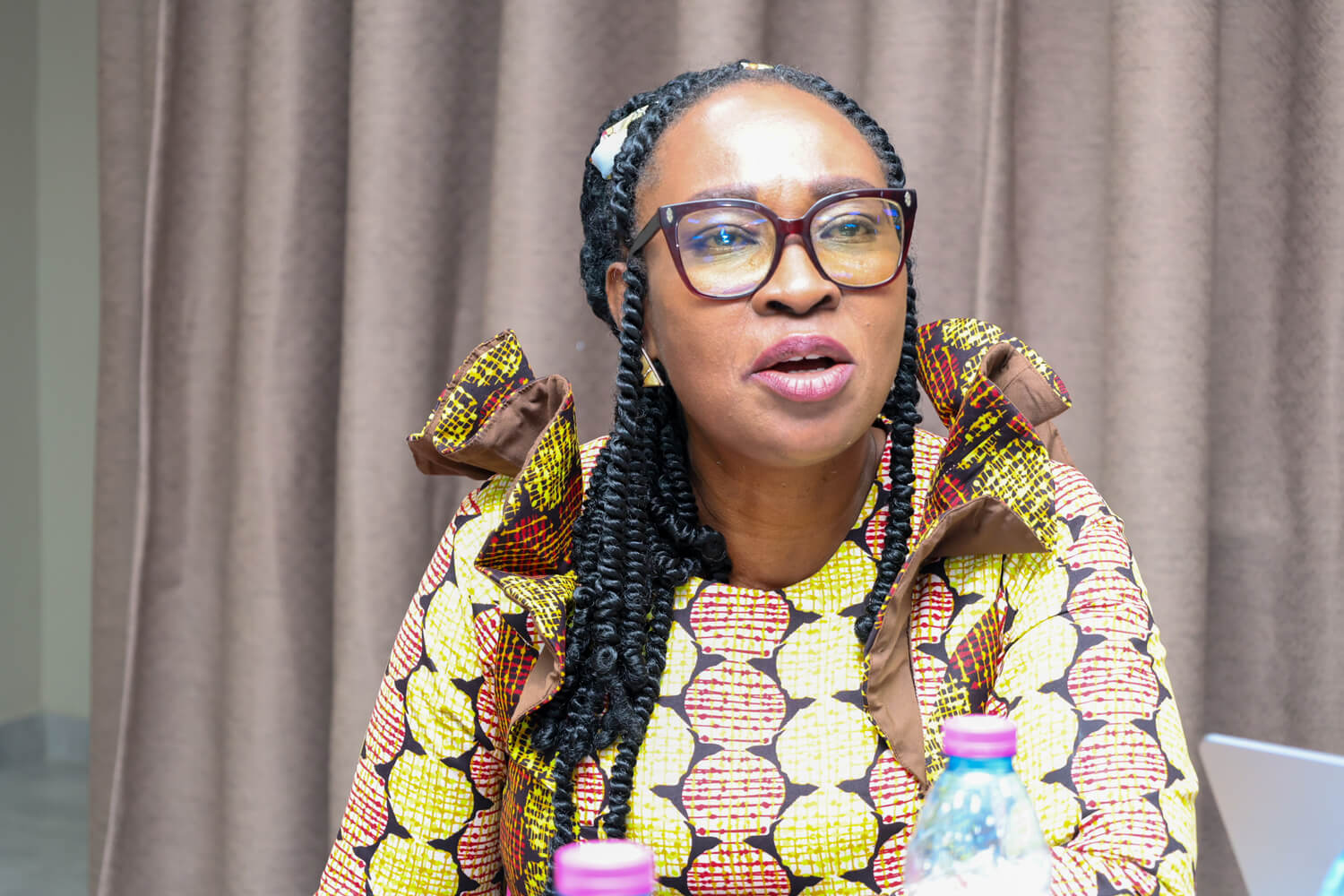
Prof. (Nana) Paul Sarfo-Mensah, Senior Research Fellow at BIRD, echoed the commitment to making the project a success, not just for the university but for the entire nation. The ADCMs also paid a courtesy visit to the Vice-Chancellor of the university and met with senior members at BIRD to discuss the project further.
